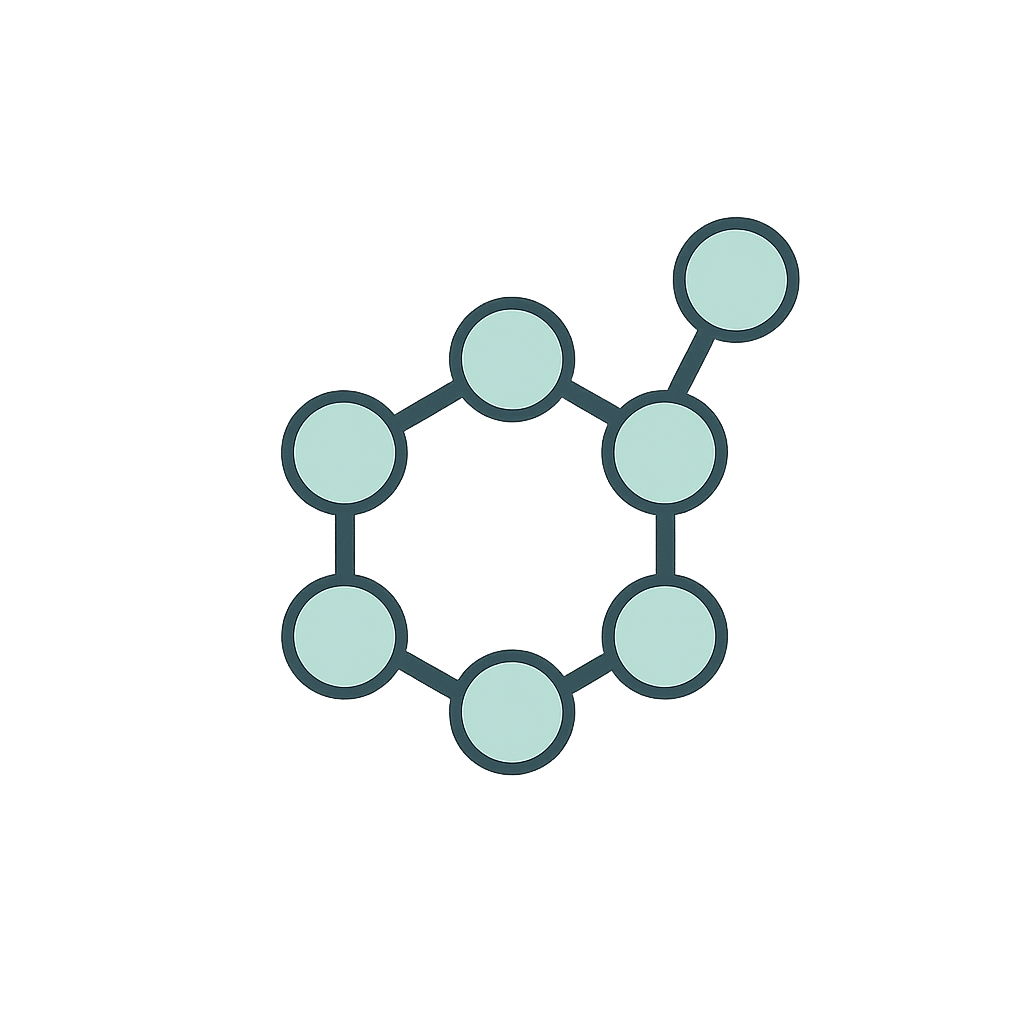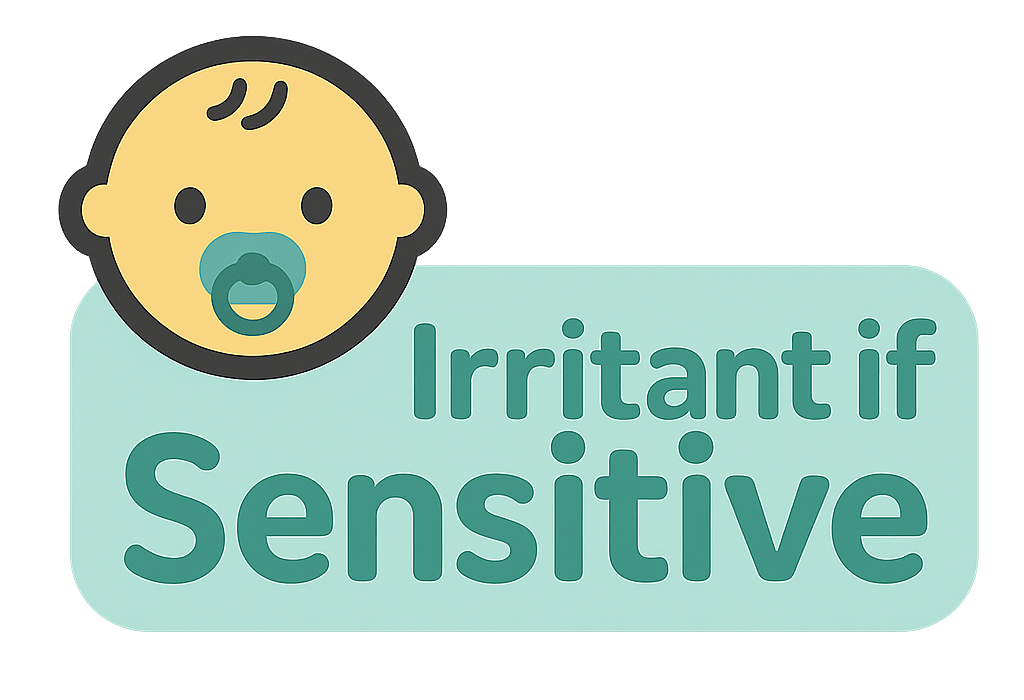Protease

1-2 year old toddlers • Skin contact product
Check for Different Age (6 available)
Is this toddler-safe to use Protease?
ℹ️General Overview
Protease is an enzyme that is usually low risk for general health, but it can cause allergic skin or immune reactions in some people. For toddlers (1–2 years old), there is a moderate chance of irritation or allergy, so be careful.
✅What to Do
If you see “protease” or similar names on a product label, consider choosing a different product without enzymes for your toddler. If you try a product that contains protease, do a small patch test on a non-sensitive area first and wait 24–48 hours. Use it only on normal, unbroken skin, not on cuts or rashes. Stop use right away if you see redness, hives, swelling, itching, or any breathing difficulty and seek medical help for serious reactions.
⚠️Warnings
Do not use products containing protease on toddlers with eczema, known skin allergies, or asthma without talking to your pediatrician first. Peer‑reviewed studies show strong evidence that protease can act as a human allergen, and some product verification programs restrict its use unless manufacturers provide clear safety data. Watch for skin redness, rash, itching, swelling, or breathing problems after exposure.
Are you holding the product?
Scan the full ingredient label and understand if it's safe for your child.
Safety Risk Labels
This ingredient has the following documented risks:



Tap or hover over labels to see detailed risk information.
Alternative Names for Protease
This ingredient may also be listed as:
Always check ingredient labels carefully, as ingredients may be listed under different names.
Common Questions About Protease
Is this toddler-safe to use Protease?
Use caution with Protease for 1-2 year old toddlers. Some safety concerns have been identified.
What are the immune system risks of Protease for toddlers?
Could weaken or confuse immune system. Young children may be more sensitive to these effects.
What are the irritant risks of Protease for toddlers?
Can cause skin redness, itchiness, or rashes—especially on sensitive baby skin. Young children may be more sensitive to these effects.
What are the eczema risks of Protease for toddlers?
Linked to triggering or worsening eczema and similar skin conditions. Young children may be more sensitive to these effects.
What products contain Protease?
Protease is commonly found in skincare products, cosmetics, and topical applications. Always check ingredient labels before use.
When can toddlers using products with Protease?
The appropriate age depends on the specific ingredient properties and concentration. This analysis is for 1-2 year old toddlers. Use the age selector above to check other ages.
Want to scan another product?
Use our camera scanner to analyze more ingredient labels
Scan Another Product